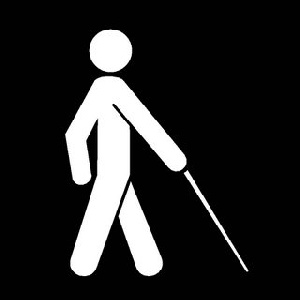WORRYING information from the country's health sector is that about 184,000 Ghanaians are suffering from preventable blindness, with a further 600,000 suffering from various forms of visual impairment.
Out of this figure, the common eye disease, cataract, which can easily be rectified with the right and timely surgical intervention, constitutes half of the cases, with only 15% of the population getting access to medical treatment.
What is even more disturbing is that more of the youth in the country are falling prey to these avoidable eye complications.
The above alarming statistical figures were disclosed by the Deputy Minister of Health, Mr. Robert Joseph Mettle-Nunoo, in Kumasi during a sod-cutting ceremony to mark the construction of an Ultra-Modern Eye Centre at the Komfo Anokye Teaching Hospital (KATH).
The Deputy Minister noted that it was unpardonable that in the 21st Century, blindness continued to plague the country, in spite of the Ministry's efforts to achieve the global goal of eliminating preventable blindness worldwide by 2020.
Mr. Mettle-Nunoo said aside its negative socio- economic consequences, the prevalence of preventable blindness was a serious indictment on Ghana as a country, stressing that efforts must be made to arrest the situation.
The Deputy Health Minister, however, attributed the distressing condition to the shortage of trained eye care staff and facilities, especially in the northern part of the country. He said, currently, there are only 50 ophthalmologists in the country, with a ratio of one to 400,000 people, adding, 'The overwhelmingly majority of these 50 specialists are based in Accra, and some few urban centers.'
Mr. Mettle-Nunoo expressed optimism that with the establishment of the Ultra-Modern Eye Centre at KATH, eye care services would be enhanced, not only for people in the region, but residents in the northern half of the country.
He, therefore, commended the funding partners of the project, alongside KATH, the Himalayan Cataract Project, USAID, and the Church of Latter Day Saints, for the laudable initiative.
The Ashanti Regional Minister, Mr. Kofi Opoku Manu, said the project would make a significant contribution towards addressing the widening gap in the availability of specialist healthcare services in general, and eye care services in particular, in the region.
General News of Tuesday, 17 August 2010
Source: : Ghanaian Chronicle

















